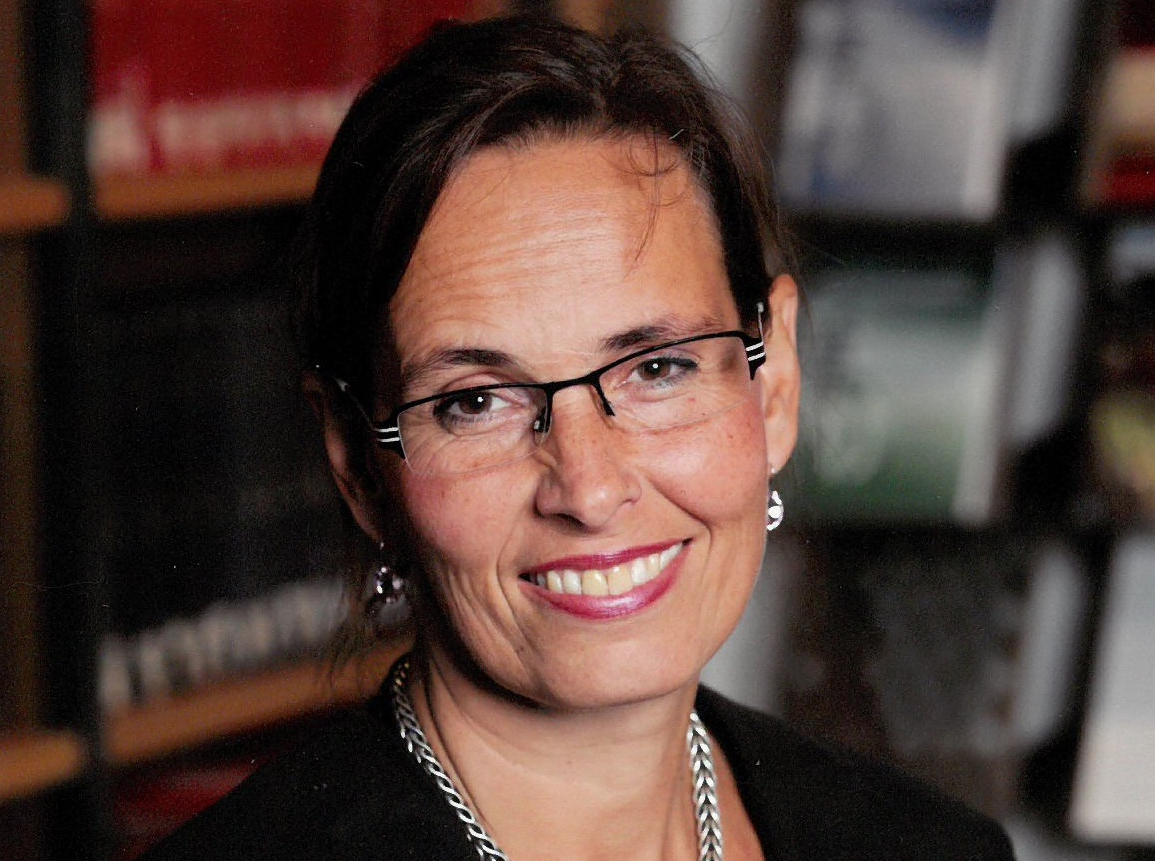St John’s scientist is awarded lifetime honour for her pioneering research
“The new Members have contributed to the success of research in the life sciences in Europe and around the world”
Two Fellows of St John's have been awarded membership of the prestigious European Molecular Biology Organisation (EMBO) in recognition of their remarkable scientific achievements.
Professor Uta Paszkowski was granted membership in recognition of her remarkable achievements in the life sciences, and Professor Eske Willerslev was honoured for his internationally renowned work in ancient genomics and environmental DNA.
Membership is granted by EMBO in recognition of scientific excellence and pioneering research. One of only 52 new Members and 11 Associate Members announced today (7 July 2020), the St John's academics join a global organisation that counts 88 Nobel Laureates among its ranks.
EMBO Director Maria Leptin said: “The new Members have contributed to the success of research in the life sciences in Europe and around the world. As EMBO Members they can help to shape the future through EMBO’s work to support talented researchers, bring ideas together, and promote an international research environment conducive to excellent science.”

EMBO Members actively participate in EMBO initiatives, such as serving on EMBO Council and committees, by mentoring young scientists, or supporting activities such as the promotion of sound science policy. Members also guide and support the organisation in ensuring the highest quality in the selection of future members, postdoctoral fellows, and courses and workshops.
Professor Paszkowski, who is College Director of Studies and Lecturer in Plant Sciences, is Professor of Plant Molecular Genetics at the University of Cambridge Department of Plant Sciences, and leads the Cereal Symbiosis Group. Her research investigates molecular mechanisms underlying formation and functioning of arbuscular mycorrhizal symbioses in rice and maize with a particular focus on plant-fungal communication.
She said: “I would like to warmly thank the community of EMBO members for the recognition of the work of my team over the years. Across the organisations supporting the life sciences, EMBO stands out by its varied activities to advance science through facilitating knowledge exchange and career development. I am immensely honoured to be elected Member of EMBO and looking forward to contributing to the generation of a scientific environment in which research and researchers can flourish.”
Professor Paszkowski did her undergraduate studies at the University Cologne in Germany, gaining a Master (Diplom) degree in phytopathology at the Max-Planck Institute for Plant Breeding. She received her PhD in Biotechnology at the ETH-Zurich in Switzerland and conducted two postdocs on molecular genetics of arbuscular mycorrhizal symbiosis at the University Basel, also in Switzerland, and the Torrey Mesa Research Institute in San Diego, USA. She started her own research group at the University of Geneva, followed by an Assistant Professorship position at the University Lausanne, before moving to the University of Cambridge in October 2012.

Professor Willerslev, who is College Supervisor in Zoology and Prince Philip Professor of Ecology and Evolution at the University’s Department of Zoology, heads several large-scale multidisciplinary international research projects. He has spent two decades researching the genetics of insects, plants, mammals and humans and now focuses on understanding human genetic diversity and distribution. His group concentrates on three areas of research: understanding how humans obtained their genetic diversity; the evolution of human pathogens, and changes in biological communities, in a bid to uncover possible relationships between humans, their pathogens and the environment.
He is Professor and Director of the University of Copenhagen’s Centre of Excellence in GeoGenetics in Denmark and Associated Researcher at the Wellcome Trust Sanger Institute. His numerous other scientific achievements include the foundation of Ice Core Genetics and the groundbreaking discovery of deep DNA drilling, and last year he received a ScD degree – the highest possible academic accolade from the University of Cambridge – in recognition of his significant contributions to the field of Zoology.
Elections for EMBO Members are held annually and the 52 new EMBO Members live in 18 Member States of the European Molecular Biology Conference (EMBC), EMBO’s intergovernmental funding body. The 11 new Associate Members are based elsewhere in the world, from Australia to Japan. New Members carry out research across a broad range of life science disciplines including plant biology, neuroscience, cell biology, signal transduction, development, molecular medicine, immunology and many more.
Seven other Cambridge researchers have been elected as EMBO members this year.
EMBO’s tradition of recognising outstanding life scientists as Members dates back to 1963, when an initial group of 150 Members were selected by EMBO’s Council. Since then, EMBO Members have been invited to nominate and elect exceptional researchers to join the community, which now exceeds 1,800 Members and Associate Members.
The late Master of St John’s, Professor Sir Christopher Dobson, was made an EMBO Member in 1999. An online directory lists all current EMBO Members, their affiliations and areas of expertise.
Published: 7/7/2020